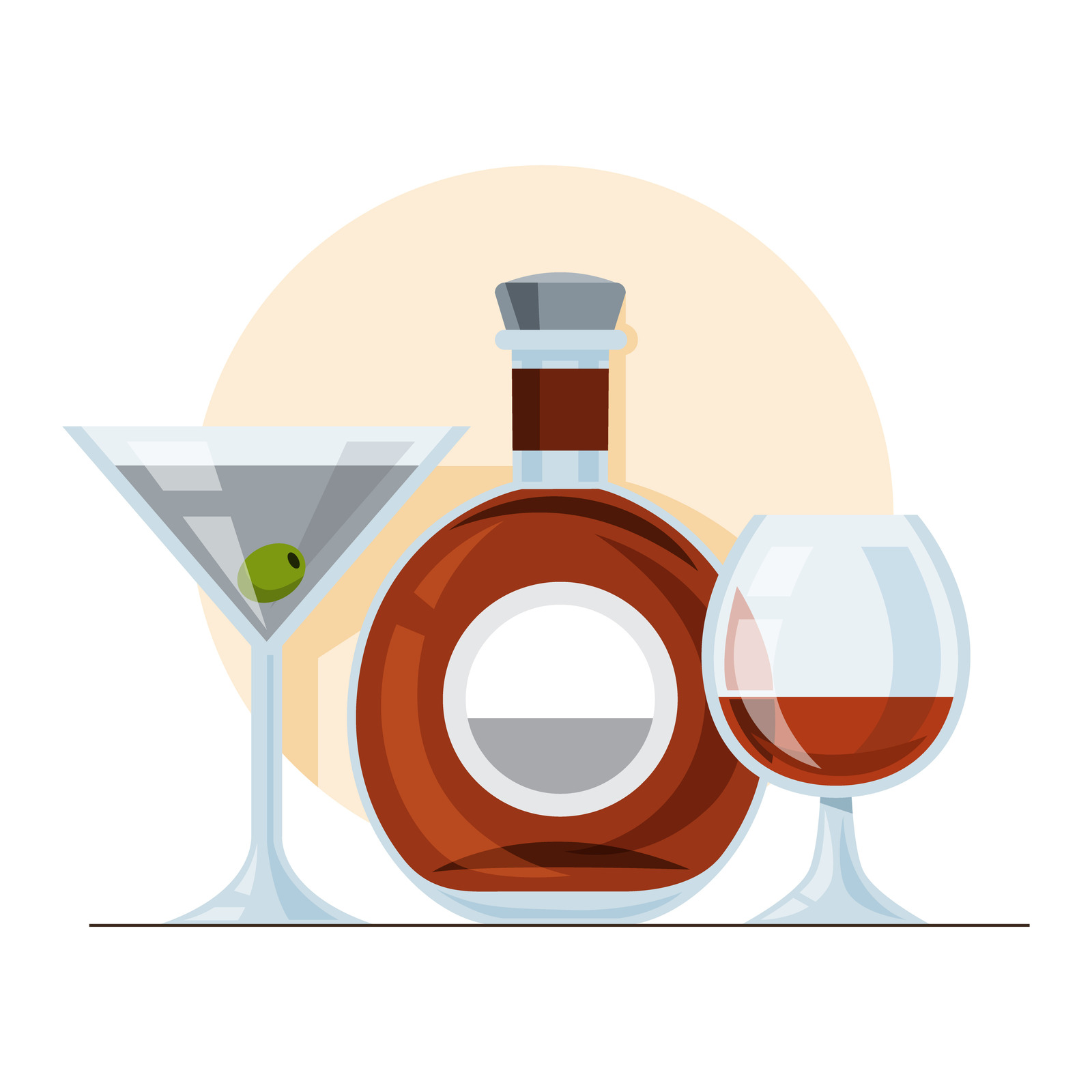
Key Points
- Isotretinoin is a commonly prescribed acne drug that was prescribed under the brand Accutane.
- Accutane and other isotretinoin brands can have serious interactions with alcohol consumption, including liver toxicity.
- Isotretinoin has other potential interactions and safety risks, including skin problems and organ damage.
Accutane, a former popular brand name drug, was widely prescribed to treat acne that didn’t respond to other treatments. Though the drug has been off the market since around 2009, its generic version isotretinoin, is still in use and can cause serious side effects, including liver toxicity.
There are a lot of potential interactions with Accutane, including alcohol. It is strongly recommended to avoid alcohol while taking isotretinoin due to the increased risk of liver damage and elevated triglyceride levels. Learn more about isotretinoin, its side effects, and why you shouldn’t mix Accutane and alcohol.
What Is Accutane?
Accutane is a popular brand of isotretinoin that was prescribed to treat acne when all other treatment options failed. Accutane has been off the market since 2009 partly because of its side effects, but it became a household name to describe isotretinoin, which is still in use.[1] Other brands currently on the market include Myorisan, Sotret, Amnesteem, Claravis, and Absorica.
Isotretinoin is a retinoid, which is derived from vitamin A. Taking high amounts of vitamin A produces the same effects as isotretinoin, good and bad, but it builds up in the system and can lead to toxicity. Alternatively, isotretinoin is formed naturally in the body from the vitamin A present in the bloodstream, but it doesn’t build up, so it’s a safer alternative.
With its potency, Accutane can induce long-term remission for acne in about 50% of people after about four to six months of treatment.[2] For some people, treatment may take a year before their acne is in remission.
How Does Accutane Work?
Isotretinoin’s effectiveness in treating acne involves several understood mechanisms: it reduces sebum production, inhibits the growth of acne-causing bacteria, reduces inflammation, and normalizes skin cell shedding to prevent clogged pores.
The retinoids in isotretinoin are behind the drug’s ability to treat acne when more conservative treatments fail, but they’re also the cause of many concerning side effects like dry skin, high cholesterol, and sun sensitivity. Though uncommon, liver toxicity is also a risk with Accutane, which is why it’s crucial to avoid alcohol while taking the drug.
Can You Drink Alcohol on Accutane?
 Accutane and alcohol should not be mixed without checking with your healthcare provider. These two drugs are processed by the liver, so combining them can cause severe liver damage and other adverse health effects.
Accutane and alcohol should not be mixed without checking with your healthcare provider. These two drugs are processed by the liver, so combining them can cause severe liver damage and other adverse health effects.
Unless you have express permission from your doctor, avoid drinking any alcohol while taking Accutane – and for a period after stopping while the drug clears your system. You should also avoid other products that contain alcohol, such as mouthwash, cough medicine, herbal cooking extracts, and culinary wine.
Combining isotretinoin and alcohol can cause liver toxicity, as well as symptoms like rapid heartbeat, nausea and vomiting, and warm skin.[3] Some of the signs of liver damage include:
- Jaundice (yellow skin and eyes)
- Light-colored stool
- Dark urine
- Abdominal pain
- Fatigue
Another risk of taking Accutane is that it raises the levels of triglycerides in the blood, which can cause pancreatitis.[4] This is a painful and potentially life-threatening condition in which the pancreas becomes inflamed. The symptoms of pancreatitis include vomiting, abdominal pain, rapid heart rate, fever, fluid buildup, and low blood pressure. Excessive alcohol use can also cause pancreatitis, so the risk is compounded when you mix the two drugs.
Isotretinoin may cause visual disturbances, including issues with night vision. These effects are uncommon but can impact activities like driving. Patients should be aware of these potential side effects and exercise caution, especially when driving at night. If you’re not sure how isotretinoin affects you and drink alcohol, you could have an increased risk of a severe car accident.
Other Side Effects of Accutane
You should avoid drinking any alcohol while taking Accutane, but there are other potential interactions and safety guidelines to be aware of.[5]
Isotretinoin carries a serious risk of birth defects. People on isotretinoin receive pregnancy tests prior to starting the medication and must have two forms of birth control to prevent pregnancy while taking the drug. You shouldn’t give blood while on isotretinoin to avoid potential birth defects in people receiving the donation.
As a derivative of vitamin A, it’s best to avoid taking vitamin A supplements or vitamin supplements that contain vitamin A unless directed by your doctor. It’s important to discuss your medical history and any vitamins, supplements, and prescription or over-the-counter medications with your doctor to avoid potential interactions.
Dry skin is a common side effect of isotretinoin, but in rare cases, serious skin conditions like toxic epidermal necrolysis and Stevens-Johnson syndrome can occur. Isotretinoin also increases sun sensitivity and possible scarring, so you must use protection for sun exposure and avoid cosmetic procedures like waxing or laser hair removal while on isotretinoin.
Some people experience severe behavioral changes like agitation or suicidal thoughts and actions while taking isotretinoin. Speak to your doctor about any concerning side effects.
Staying Safe on Accutane
Accutane and alcohol can be a dangerous combination, especially for people who binge drink or have an addiction to alcohol. If you’re struggling with alcohol addiction and need to take isotretinoin, you can’t simply stop drinking abruptly. Alcohol withdrawal can have life-threatening complications.
Fortunately, support is available. Alcohol addiction treatment can help you stay safe during withdrawal and address the underlying causes of addiction. After you complete alcohol rehab, you can take isotretinoin without the risk of having a drink and experiencing serious health complications.




